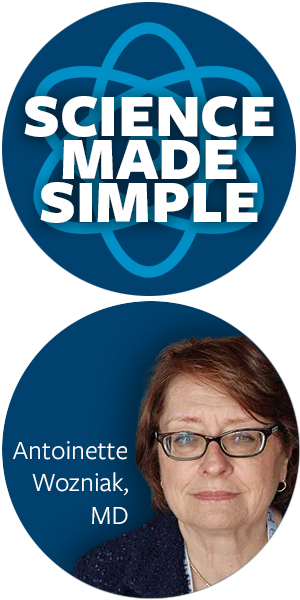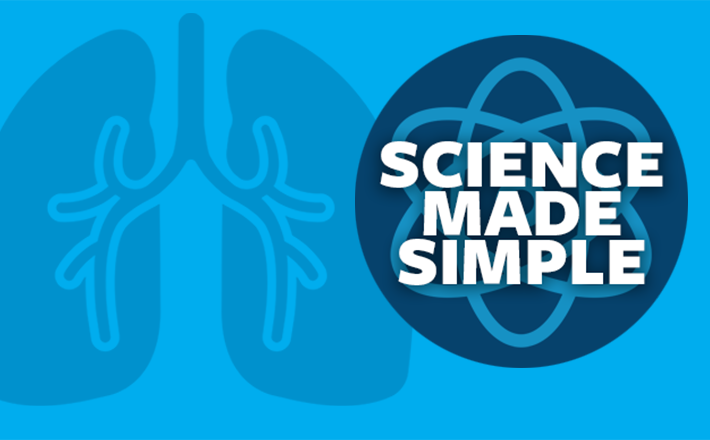
Of special interest:
Presentations at the IASLC Targeted Therapies in Lung Cancer meeting typically include something about novel agents currently being evaluated. These agents can be new and improved drugs targeting oncogene-driven lung cancer or novel immunotherapy agents. This year, an entire session focused on antibody drug conjugates. ADCs are particularly of interest because of their unique mechanism of action and the recent approval of trastuzumab deruxtecan in the treatment of advanced previously-treated HER2 mutated NSCLC. Other important discussion centered around the treatment of earlier stage lung cancer, which involved results with neoadjuvant therapy prior to surgery and the use of biomarkers to help determine how long to treat patients. This development is important because there is a better chance for cure if patients can be treated effectively at an earlier stage.
Why this is significant:
The fact that there is so much clinical research activity and discovery in the treatment of lung cancer has to mean better outcomes for patients in the future. Presenters also emphasized managing toxicities associated with treatment, which can only mean a better quality of life for patients undergoing lung cancer treatment. A focus on treating cancer in the earlier stages could also mean a better chance for a cure.
What’s on the horizon:
We should expect a number of things to develop in the future. We will see results from clinical trials evaluating novel agents with the hope that they will be more effective than the drugs that are currently in common use. The science community has a great interest in developing biomarkers that will guide physicians in the treatment of patients. These biomarkers could help determine the best treatment and also how long patients should be treated. This information would be incredibly beneficial as a tool to individualize patient treatment.
